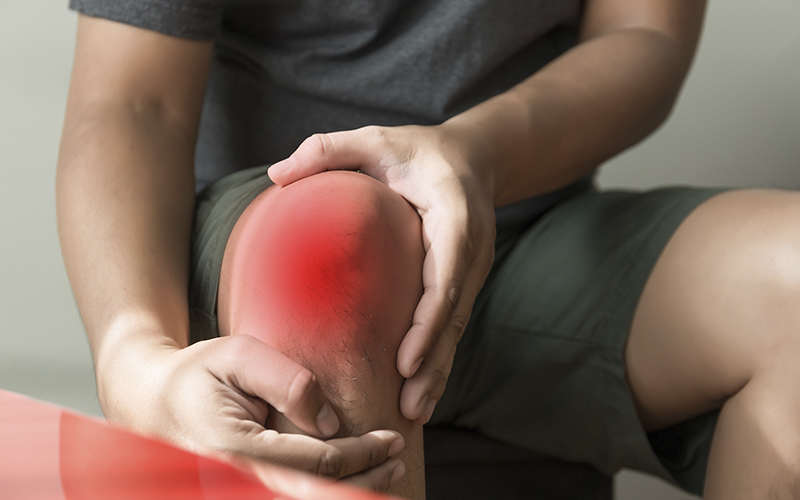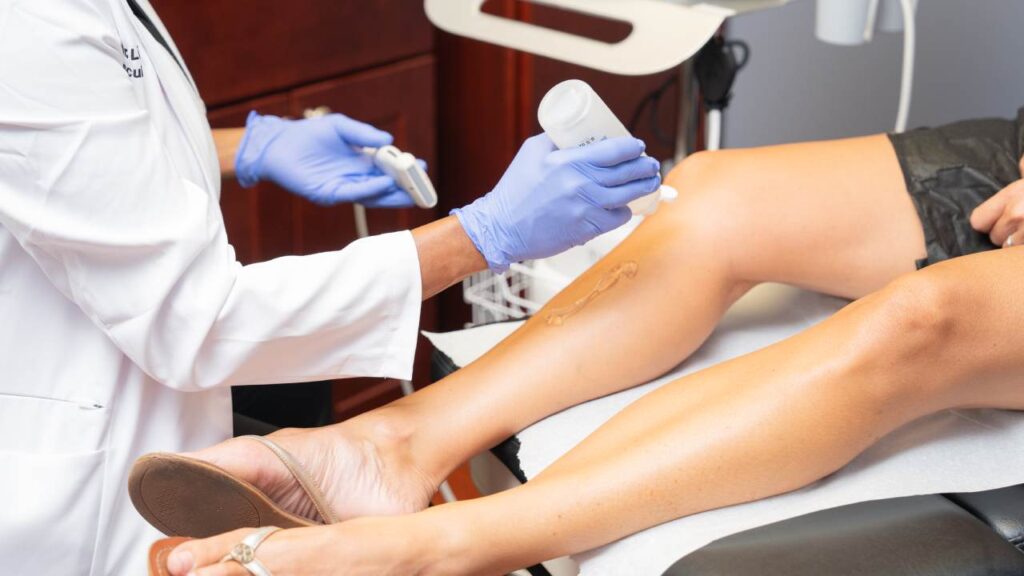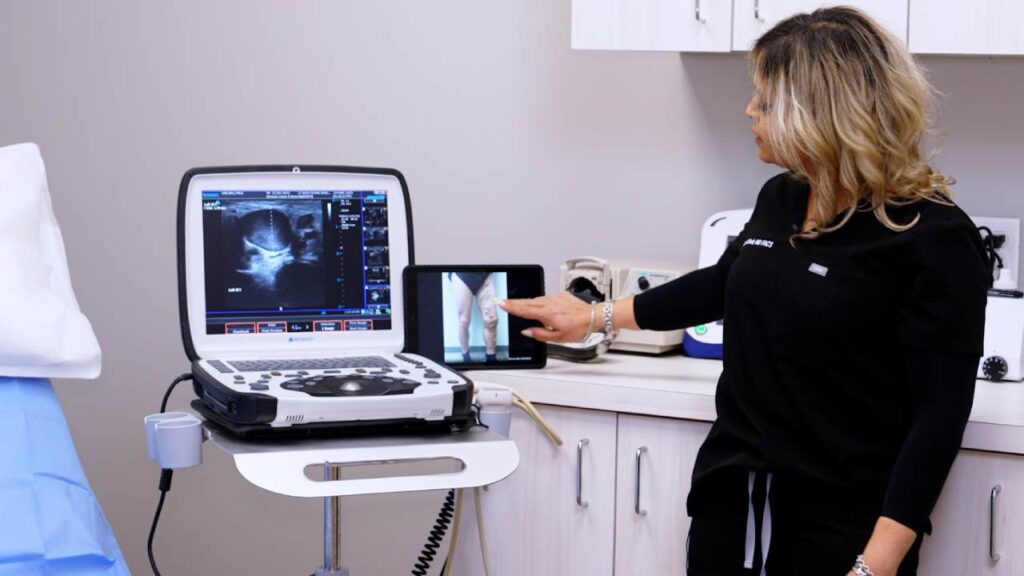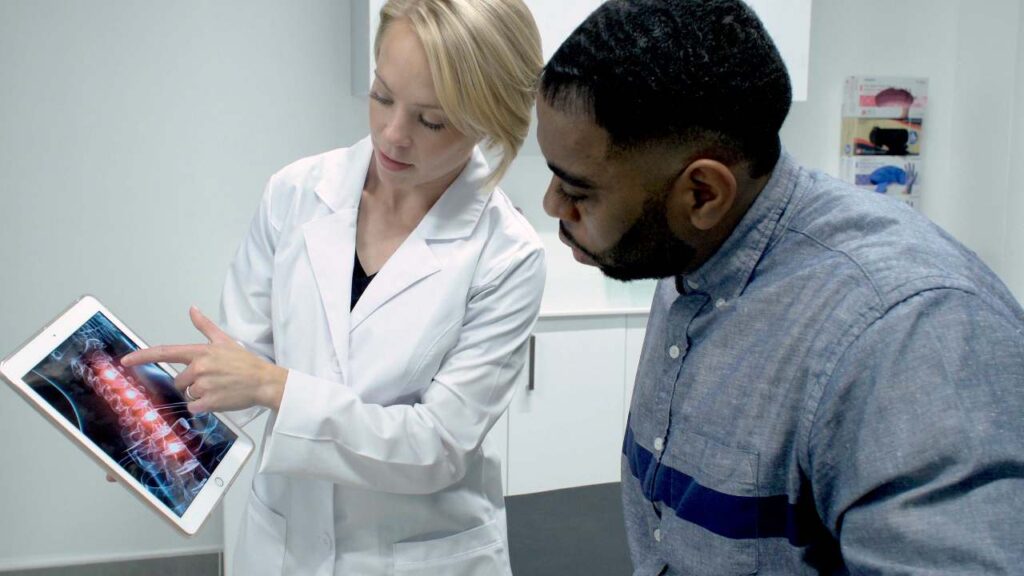What Is Prp Treatment For Knee Pain?
Prp injections (also known as platelet rich plasma) injections are a popular conservative treatment for knee pain. Injections of platelet rich plasma are an excellent treatment choice because they encourage the natural healing properties of growth factors in your blood in order to heal your knee pain. PRP treatment has been known to be a highly effective treatment for osteoarthritis pain in addition to other forms of chronic knee pain. However, you might wonder, ‘what is it?’. Let’s take a look in more detail.
Prp treatment works on the principle that your blood contains natural growth factors. These growth factors promote the growth of healthy new cells and facilitate healing in the body. During this procedure, your pain doctor will take your blood and will then separate the blood cells from the plasma (the liquid part of the blood). This separation increases the number of platelets (the part which promotes healing). These platelets are then put back into the plasma and are injected directly into the knee joint. This encourages the growth of healthy new cells and tissues. Research supports the use of prp injections because patients have reported that their knee pain symptoms have significantly improved up to 6 months after having had the prp injections. Some patients even feel these benefits after having received a single prp treatment. Prp treatment is highly effective, carries low risk, and is a popular treatment that combines the latest advances in pain medicine with a holistic approach to health.
In addition to prp treatment, there are many other conservative treatment options carried out by Ivy League pain doctors. Let’s take a look at some of the other treatment options available.

Genicular Nerve Radio Frequency Ablation (RFA)
Another excellent knee pain treatment option is RFA treatment. Radiofrequency ablation is the term used to describe the way in which pain doctors stop the nerve supply to the knee so that the patient is relieved of knee joint pain. During this procedure, a pain doctor injects a local anesthetic to numb the knee before placing heated needles at several points with the assistance of X-Ray guidance. These heated needles stop nerve signals from being transmitted in the knee joint, thereby providing effective pain relief.
Steroid Injections
Steroid injections are an excellent treatment choice as they provide immediate pain relief and are quick to apply. Pain doctors provide patients with a local anesthetic before injecting the knee with a steroid injection. The needle is inserted directly into the knee joint to ensure that the area of pain is targeted. The steroid medicine reduces inflammation in the joint and alleviates pain.
Viscosupplements
Viscosupplementation is the process used to describe the way a pain doctor injects lubricating fluid directly into the knee joint. First, a pain doctor numbs the area with local anesthetic before injecting hyaluronic acid into the knee joint. Hyaluronic acid is a natural product of the body and facilitates the movement of joints by lubricating cartilage surfaces. This lubrication reduces friction and inflammation of the joints.
Why Do I Have Knee Pain?
Knee pain is a common complaint amongst many Americans. The number of patients receiving knee replacement surgery has increased in the past twenty years. There is also a growing number of individuals who live with chronic knee pain but don’t know why.
There are many reasons people struggle with knee pain and it is important to understand why you are in pain and how best it can be treated. Leaving knee pain untreated can lead to further health complications.
Due to this, it is important to consider seeking medical advice from a Board Certified pain doctor. Pain doctors are experts in diagnosing and treating a range of functional pain complaints and will be able to target and treat your knee pain, often without surgical intervention. Let’s take a look at some of the potential causes of knee pain:
- Bursitis (painful, swollen and/ or tender joints)
- Dislocated knee cap
- Tendonitis (swollen tendon following an injury)
- Sprains and strains
- Osteoarthritis
If you’re struggling with knee pain, consider visiting a pain doctor. They will provide a thorough medical examination to diagnose your knee pain and will offer an array of conservative treatments that maximize health without risky surgery.
Why Should I Visit A Pain Doctor?
Pain doctors are leaders in the field of pain medicine. They have access to the latest conservative treatment options that maximize health through minimally invasive procedures.
Pain doctors combine a holistic approach to health care with modern advances in regenerative medicine to provide you with the best knee pain treatment options. Nowadays, many orthopedic surgeons rely on knee replacement surgery as the only option to treat knee pain. However, surgery carries many risks and is not a decision that should be taken lightly. Some risks associated with surgery include:
- Blood clots
- Excessive bleeding
- Infections
- Allergic reactions/problems with anesthesia
- Long-term use of narcotics, opioids and NSAIDs
- Lengthy recovery periods
In addition to these risks, it is important to consider the negative health consequences associated with taking pain medicine. Health researchers are beginning to demonstrate the disadvantages of taking long-term pain medicine such as narcotics and NSAIDs. In addition, it is no secret that the U.S. is currently facing an opioid epidemic, with addiction and negative side-effects being the top problems associated with taking them. This is why it is important to consider conservative treatment options that maximize health through minimally invasive procedures.
If you’re struggling with knee pain, consider visiting a Board Certified pain doctor at the VIP Medical Group. They will provide you with a full overview of the problem in addition to the best treatment options available in state-of-the-art Centers of Excellence.







